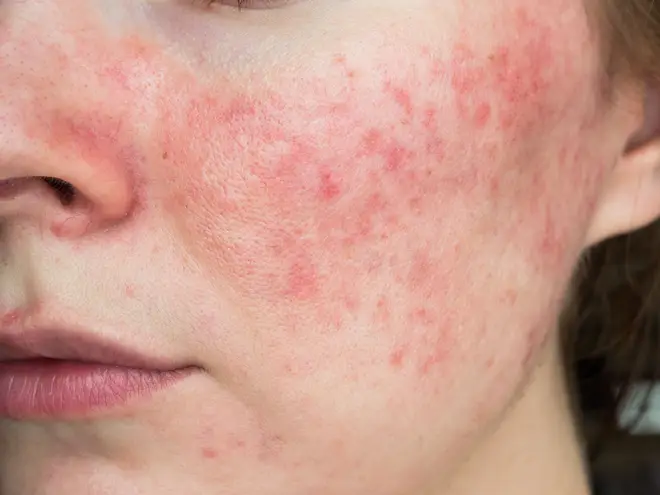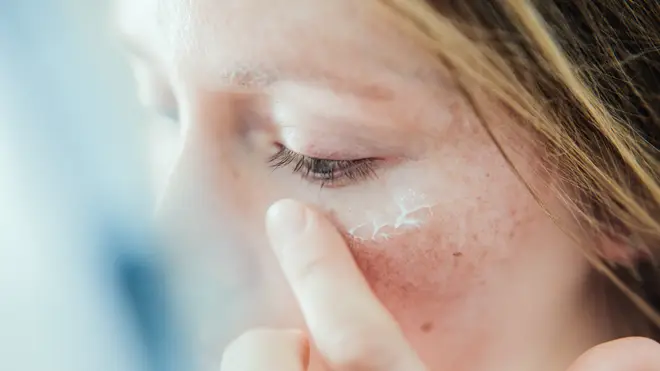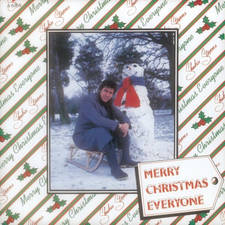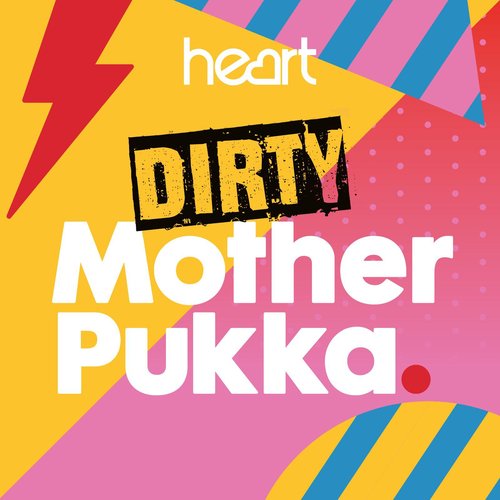Rosacea awareness month: What is it, what causes it and how can you treat it?
20 April 2021, 10:54 | Updated: 20 April 2021, 13:31

What is Rosacea and how can it be treated? Here's what we know about the skin condition...
April is Rosacea Awareness Month, which aims to educate people about the common and sometimes severe skin condition.
According to Bupa, rosacea affects one in 10 people in the UK, and it is most prominent in 30 to 50-year-old women.
But what is Rosacea and how is it treated? Here’s what we know...
What is Rosacea?
The NHS website states that rosacea is a long term skin condition that causes redness and visible blood vessels in your face.
It may also produce small, red, pus-filled bumps and can flare up for weeks or months, before going away for a while.
Dr Susan Mayou, Consultant Dermatologist at the Cadogan Clinic, explains the four most common types of rosacea, which include:
- Papulopustular rosacea – redness and acne-like breakouts with papules and pustules.
- Erythematotelangiectatic rosacea - redness, flushing and visible blood vessels
- Phymatous rosacea - thickening of the skin and bumpy texture particularly of the nose
- Ocular rosacea - red irritated eyes, swollen eyelids, appearance of a sty.

Although it is more likely to affect women, men can also get rosacea and their cases can be more severe.
Read More: Experts reveal 5 tips to help psoriasis
What causes Rosacea?
It is currently not known what causes rosacea, the NHS website states, but some triggers can make symptoms worse.
Common triggers for rosacea include:
- alcohol
- spicy foods
- cheese
- caffeine
- hot drinks
- aerobic exercise like running

Make your own Face mask in 10 minutes!
How can you treat Rosacea?
Unfortunately, there is no known medical cure for the condition but there are a wide range of treatments to ease symptoms.
It's advised that anyone suffering makes an appointment with their doctor or dermatologist to better understand the best treatment options.
Dr Susan Mayou says it's also important to research skincare ingredients and avoid using harsh products.
She told us: "Try to avoid skincare and makeup that contains alcohol or other harsh ingredients which can irritate the skin and exacerbate rosacea.
"Acid-based ingredients (glycolic, salicylic and lactic acid) which can be found in soaps and moisturisers can cause irritation and inflammation."

Dr Mayou added: "Don’t overload your skin with too many products, keep it simple."
It's also advised that sufferers monitor their rosacea episodes, noting anything that worsens the symptoms - such as diet, weather and skincare ingredients - to help dermatologists better understand triggers.
Read More: 8 things you should know before having laser hair removal
For more severe rosacea cases, doctors may prescribe antibiotics or suggest IPL treatment.
"Topical creams and gels work to lessen the appearance of this problem by reducing the flushing and soothing your skin," Hussain Abdeh – Clinical Director & Superintendent Pharmacist at Medicine Direct - told us.
He added: "You can buy these on prescription from registered pharmacies as well as visiting your local GP."
Another option is IPL (Intense Pulsed Light) treatment, which uses a device to emit a range of light waves which target the hemoglobin in your blood vessels.
Specialists at Pulse Light Clinic explain: “These light beams pass through your skin and are absorbed by the hemoglobin resulting in damage to the blood vessel wall.
“This controlled injury to the blood vessels triggers the body’s natural response to break down and remove the damaged tissue.”

































